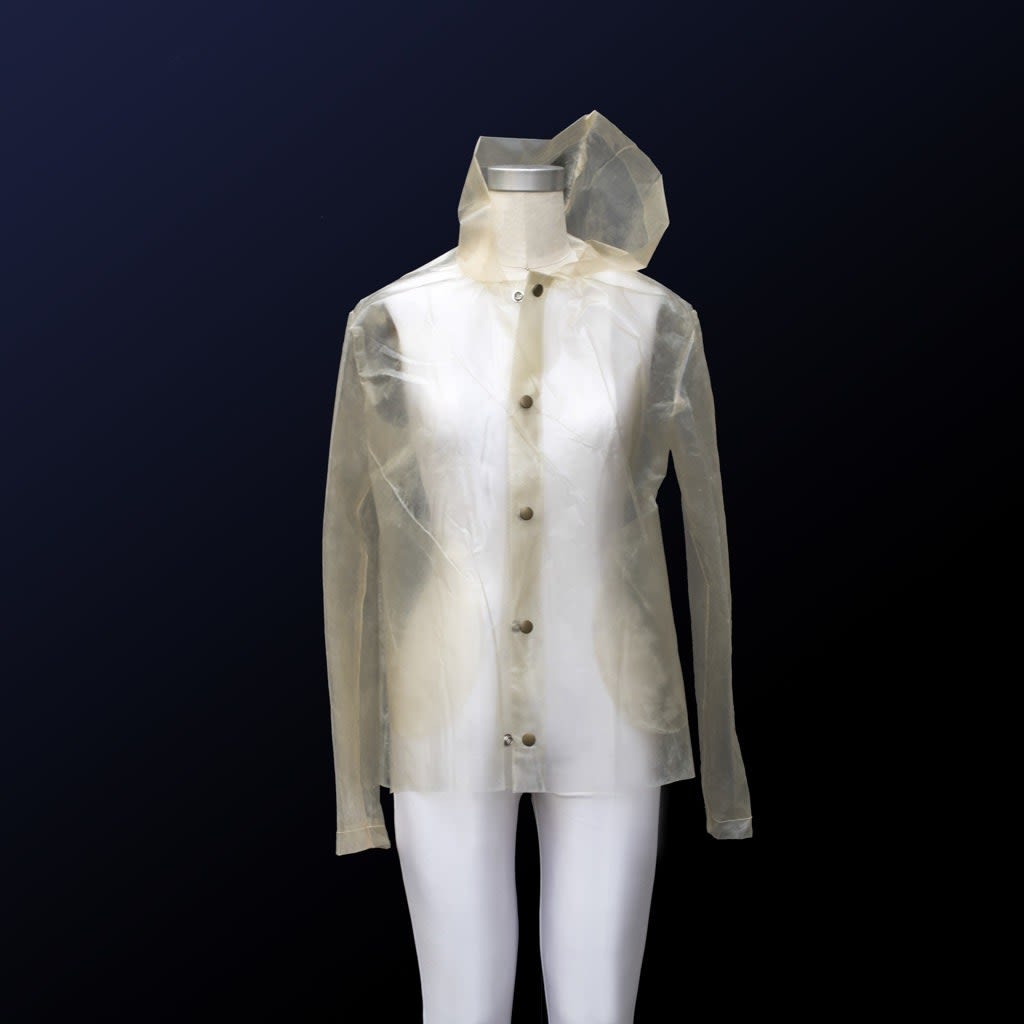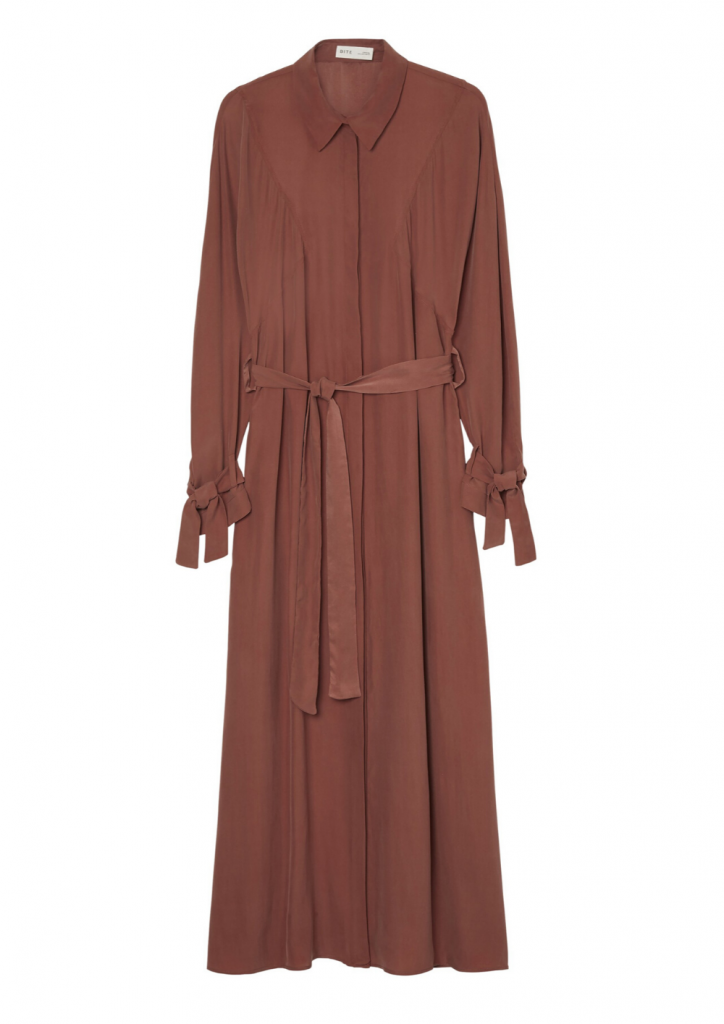How does it work

The development of biodegradable fabrics based on natural by-products is the answer to the problem of fashionable overproduction (millions of unwanted items end up in landfill every year). Plus, vegetarianism is gaining in popularity, which also leads to the emergence and production of the most ethical plant-based textiles possible.
Pineapple leather
Piñatex, or pineapple leather, is one of the most popular natural leather alternatives on the market today (other options include mushroom and cactus leather) and is used by brands such as H&M, Hugo Boss and Paul Smith. Piñatex was created back in the 1990s by Dr Carmen Hijosa, who once worked as a consultant in a leather goods shop in the Philippines. When Carmen realised how much damage the industrial production of natural leather, especially the chemical dyeing processes, was doing to the planet, she decided that something had to change and invented leather from pineapple leaves.
The fibres from the leaves are extracted naturally, dried in the sun, then mixed with a corn-based substance to form felt-like filaments, which have a much more interesting structure than that of ordinary cowhide.

Mariam Alsibai
Algae-based bioplastics
Sometimes the fabrics used to make clothes, instead of harming the planet, can help it, for example, by absorbing carbon dioxide from the atmosphere during photosynthesis. This is where algae - the most natural algae found in ponds, rivers and oceans - comes into play.
"Algae are among the healthiest organisms on earth,' says New York-based designer Charlotte McCurdy. She has succeeded in creating a waterproof fabric that contains a mix of powdered algae and algae fat. The finished fabric is impregnated with vegetable wax to keep out water. "It feels like something between waxed canvas and PVC", says Charlotte, describing her invention.

Charlotte McCurdy
Rose petal silk
Silk made from rose petals is one of the latest developments. "It's made from Indian roses," says William Lundgren, CEO of the brand Bite Studios, which lives between London and Stockholm. Silk shirts are their trademark. Petals left over from flower production are crushed and twisted into yarns, which are then dyed with natural pigments. "The result is a soft-touch, glossy fabric, and no chemicals are required to grow the rose bushes," adds Lundgren.

Bite Studios
We use cookies to personalize content, adapt and evaluate the effectiveness of advertising, as well as to ensure security. By going to the site, you agree to the use of cookies to collect information on 2beinstore.com. Please read our Cookie Policy for more information




